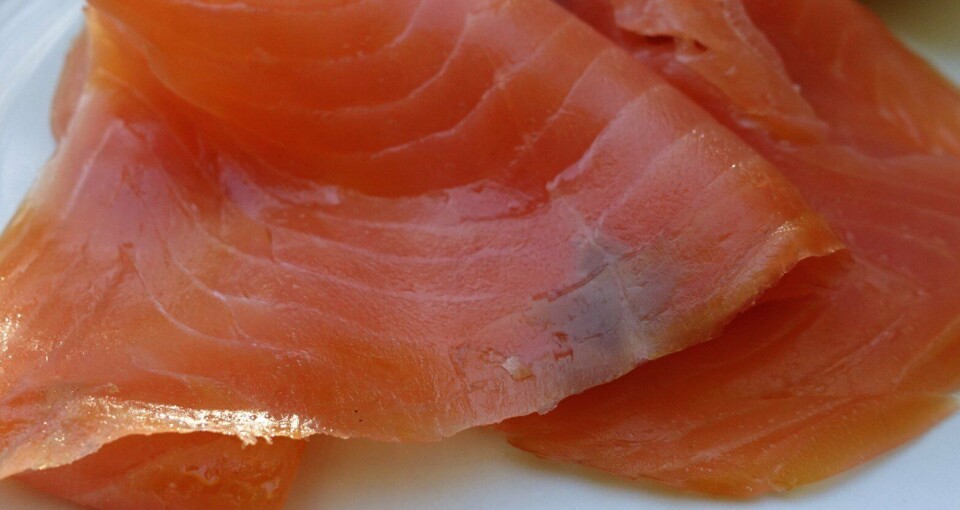
Farmed salmon has best taste but poorest image
Consumers who took part in a “blind” smoked salmon taste test in Denmark preferred conventionally farmed fish to organically farmed and wild salmon - but the results were different in a second test where they knew the origin of the fish.
The “informed” test among the 92 consumers placed organic salmon first, wild-caught fish second and conventionally farmed salmon last.
The tests were carried out by researchers at the Department of Food and Resource Economics (IFRO) at the University of Copenhagen.
Information affects taste
“The test demonstrates that people’s expectations about a product are based on information they receive, and that this affects their overall taste experience. With smoked salmon, there seems to be a perception that wild-caught salmon ought to taste batter than salmon that is conventionally farmed,” lead study author Mausam Budhathoki said in a report on the Feed Navigator website.
“However, the blind test revealed that people simply preferred the taste of farmed salmon.”
Budhathoki said there could be several possible explanations why consumers preferred the taste of farmed fish in blind testing. One is that the Danes are most familiar with the taste and colour of farmed salmon, another that wild salmon has less flavour due to it being leaner.
Opaque production chain
Co-author Helene Christine Reinback said many consumers were quite confused about the differences between various salmon products, as the salmon production chain was “long and relatively opaque”.
The farming sector has also been associated with unsustainable practices in the past.
A paper on the study, “The role of production method information on sensory perception of smoked salmon – A mixed-method study from Denmark”, is published in the December edition of the journal Food and Quality Preference (paid-for access).
Scientific evidence
In the abstract to the paper, the authors point out that focus group discussion revealed that consumer beliefs related to food safety, animal welfare and sustainability as well as purchasing habits seem to influence smoked salmon preferences.
“Thus, organic aquaculture sector should focus on promoting consumer beliefs by providing reliable information based on scientific evidence that helps differentiates their products with that of conventional and wild-caught smoked salmon,” they concluded.






















































